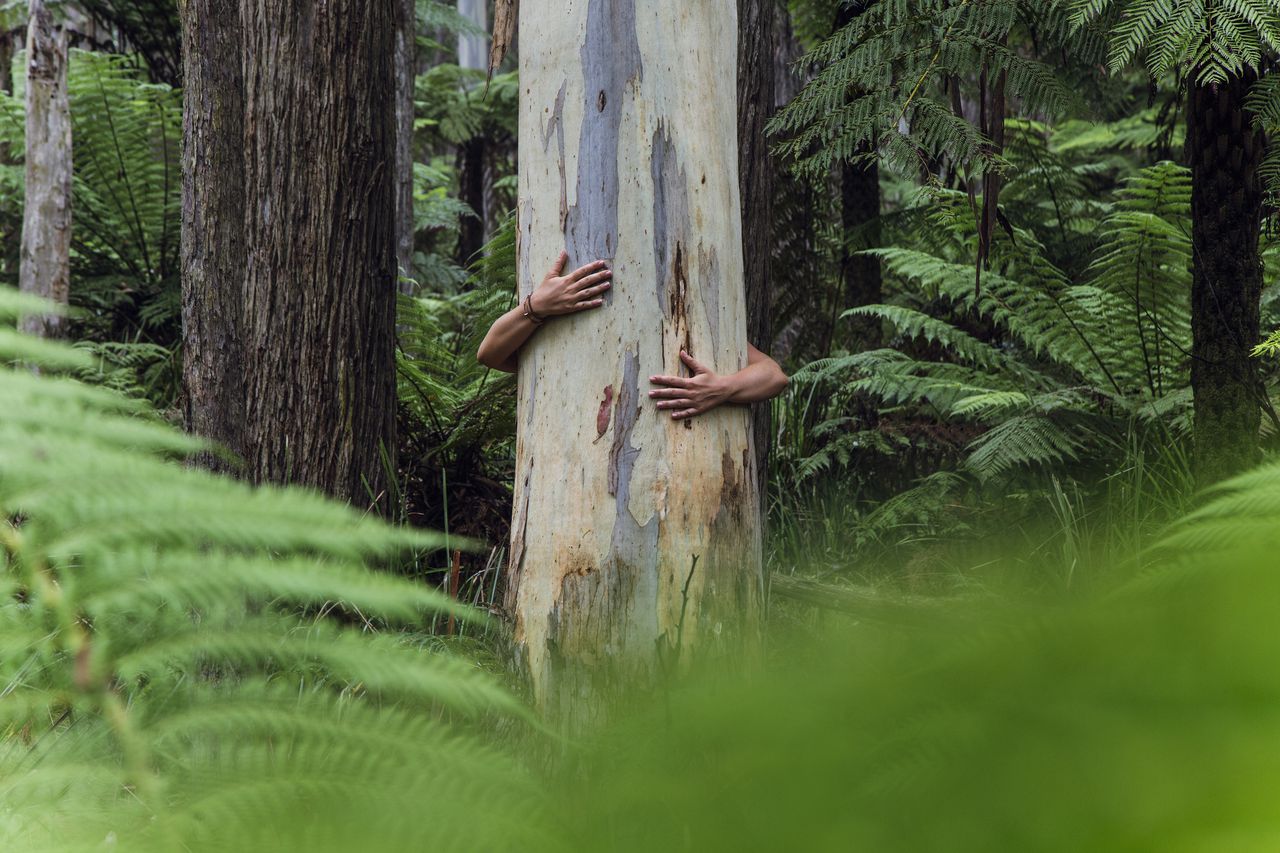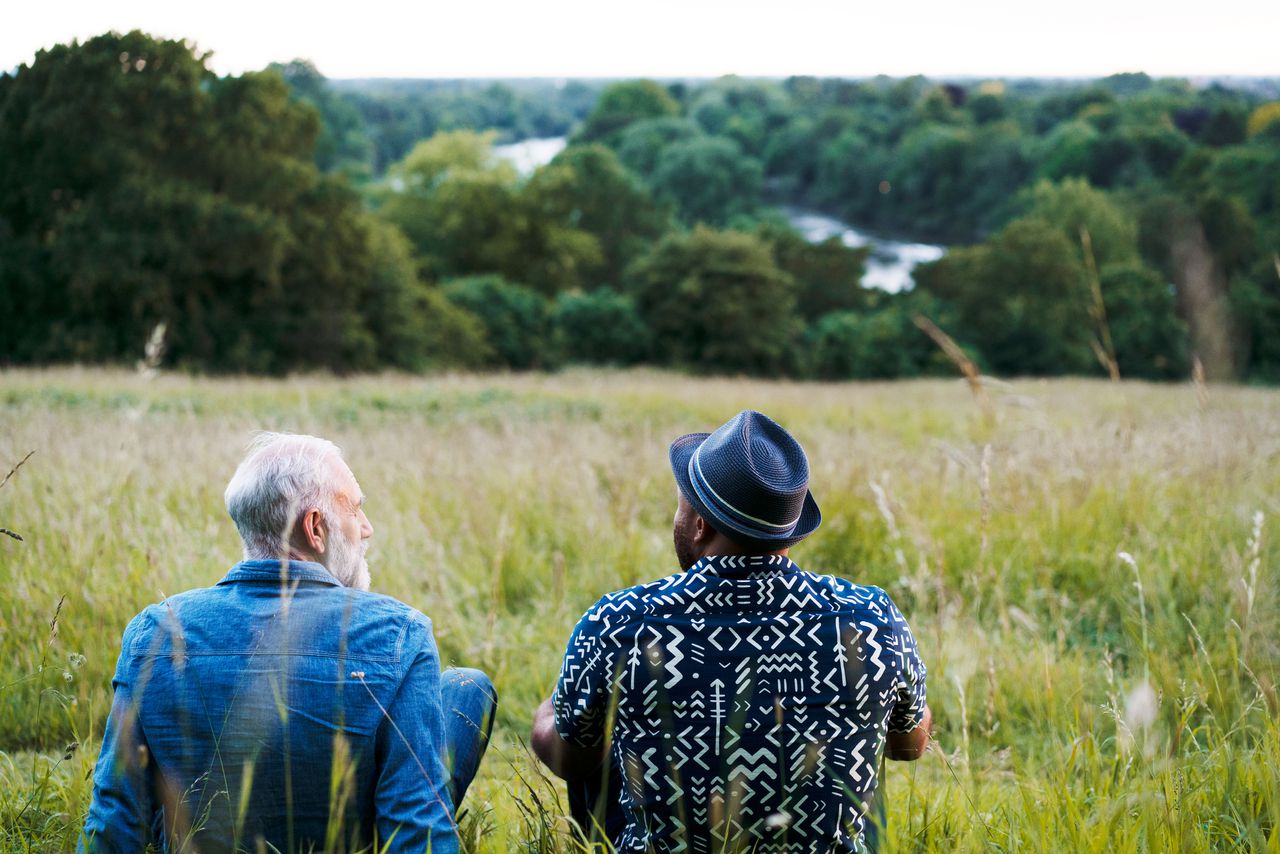How to save the environment and your relationship
If you were going to produce a depressing movie about the destruction of our environment, it would probably end with a record-breaking Category 5 hurricane smashing into the west coast of Mexico on the same day that a climate-change denier ascended to speaker of the House, second in line to the presidency.
If you haven’t seen the news, this happened on Oct. 25. In real life.
Hurricane Otis broke the record for the fastest intensifying hurricane in history when it went from a tropical storm to a Category 5 in 12 hours before making landfall directly over Acapulco. The same thing happened when Hurricane Idalia rapidly intensified before hitting the Big Bend region of Florida on Aug. 30. This is expected to happen more often as the oceans get warmer.
Experts claim the rapid intensification was due to extremely warm waters. What causes that, you ask? Normally, heat radiating from the Earth’s surface escapes into the atmosphere and then space in the form of electromagnetic radiation. However, because of excessive greenhouse gasses, the heat gets trapped and is absorbed by the ocean. Hurricanes thrive in warm water.
What causes greenhouse gasses? Burning fossil fuels for electricity, heat, and transportation accounts for 92% of greenhouse gasses.
U.S. Rep. Mike Johnson, who also seems to have miraculously materialized from the stormy and unsettled backbenches of the House, happens to be a big supporter of the oil and gas industry and received over $300,000 from fossil fuel companies between 2015 and 2024.
It’s also worth noting, as I often do, that his home state of Louisiana has become a major hub for fossil fuels, bringing perpetual misery to its citizens and its exceptionally fragile coastline. In fairness, the industry does support over 350,000 jobs. Since we can’t rely on Rep. Johnson or most politicians to save us from environmental destruction, we may have to do it ourselves.
This week in the Meltdown, we’re taking a quick look at how to save money by finding the hidden energy vampires in your home. Then, I’m going to show you how to save your relationship while also having a greater appreciation for the environment.
Before you read on, please feel free to follow me on Twitter, Facebook and Instagram. And share this newsletter with your friends if you think they’ll enjoy it.
Halloween lanternsGetty Images
Drizzle
What is an energy vampire?
Energy vampires are all the electronics in your home that you may not use but are plugged in and consuming power, like phone chargers, televisions, lamps, blenders, and coffee makers. Don’t forget that little red dot on the tv.
- Energy vampires combined can add as much as 20% to your monthly electric bill, according to Duke Energy.
- They waste the equivalent of what would be produced by 50 major power plants or the same amount of power as Alabama and Arizona combined, according to a 2015 National Resource Defense Council study.
- Unplugging these vampires can prevent around 48.5 million tons of carbon dioxide from escaping into the atmosphere yearly.
- You can save around $165 per household a year. It doesn’t sound like much, but it quickly adds up to $19 billion nationwide.
There’s a lot you can do about it, and thankfully, Reckon has compiled a beautiful list of ways to keep your bills down and, hopefully, help cool down the oceans.

Hugging a eucalyptus tree in a rainforest in AustraliaGetty Images
Touch Grass
I’ve recently been delving into attachment theory, which explores how our early experiences with caregivers shape our future emotional well-being and relationships. These early attachments, whether secure or insecure, influence patterns of trust, intimacy, and self-worth throughout one’s life. If you struggle with any kind of relationship, including romantic, friendly, work, or family, you may want to explore it. Around 50% of people have a secure style, with the remaining 50% split evenly between anxious and avoidant.
Reckon has a handy guide on how to identify your attachment style. If you’re currently in a relationship and struggling, learning this could really help.
What’s that got to with the environment? Well, it’s widely known that people with a secure attachment are far more likely to display caregiving behaviors and empathize with others, among other positive traits.
A recent study published in the Proceedings of the National Academy of Sciences suggests that secure attachments can increase acceptance of climate change, even among resistant conservative groups, offering a novel approach for climate change interventions in the future.

Two men sat, talking, looking at viewGetty Images
Compost Dump
When discussing climate change, debates often pivot between science believers and skeptics, leading to a stalemate. But there are other ways to approach your conversation without delving into the dreaded climate change debate and making it about the things we share – air, water, and food, for example.
I recently came across the 19th-century economic theory, ”Tragedy of the Commons,” which illustrates how individuals exploit these shared resources for short-term gain, harming collective long-term interests.
The atmosphere can be seen as a common resource. Each country or individual might have an incentive to pollute it because they receive the immediate benefits of their actions (economic growth from industries that emit CO2), while the costs (global warming) are distributed among everyone.
By framing climate change and environmental degradation in the context of the Tragedy of the Commons, it becomes not just a scientific or political challenge but a profoundly human one – calling for collaboration, understanding, and a reshaping of values and behaviors. It challenges us to rethink our relationship with nature, our responsibilities to future generations, and the role of individual versus collective rights.
Thanks for reading The Meltdown. Please sign up, share, and take care of yourself. And, if you can, show some empathy to the environment and people in your life. Send tips to: [email protected]
See you next week.
